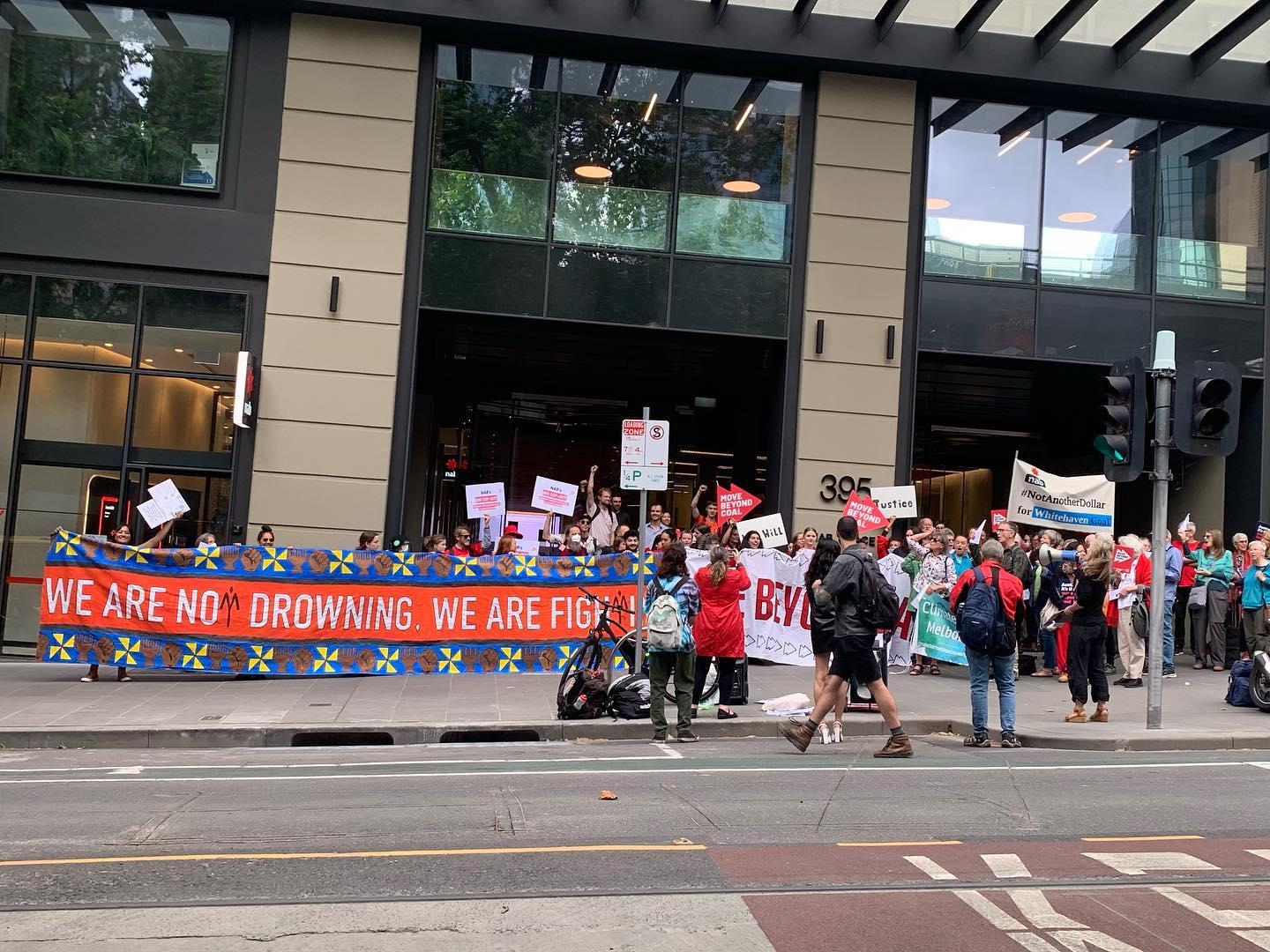Pacific leaders and climate activists are celebrating the establishment of a loss and damage financing mechanism in the COP27 agreement, three decades after they raised the need for such a provision.
A loss and damage fund, which would provide financial assistance to poor nations stricken by climate disaster, has been a key ask of Pacific nations – which are among the most vulnerable to the impacts of the climate crisis – for decades in climate negotiations. It was first raised more than 30 years ago by Vanuatu, which the UN has ranked as the country most vulnerable to natural disasters.
After the announcement of the fund, Pacific leaders and activists celebrated, while also warning that unless more radical action was taken to limit warming to 1.5C, entire islands could disappear.
Fiji’s prime minister, Frank Bainimarama, wrote on Twitter: “From the bottom of my heart, vinaka vakalevu [thank you very much] to our tireless Pacific negotiators for securing a loss and damage fund at #COP27.”
Marshall Islands climate envoy Kathy Jetnil-Kijiner called the breakthrough a “win” for Pacific nations, but said more needed to be done. In the closing plenary of Cop27, she said: “This is huge progress, but we are also not doing enough to reduce the loss and damage that will affect us in the future. We must phase out fossil fuels and we must do so now.”
In a tweet, Henry Puna, secretary general of the Pacific Islands Forum, expressed gratitude for the determination to those who secured Cop27’s “historic loss and damage win”.
“From all our Blue Pacific nations and small islands developing states everywhere, thank you.”
Siobhan McDonnell, a Pacific loss and damage negotiator, who drafted the proposal that resulted in the loss and damage agreement, said the establishment of a loss and damage financial mechanism a “very important outcome”.
“It’s been 31 years of Pacific leadership in this space. It’s something that the Pacific should be very proud of,” she said. “We finally have a framework that starts to say that in terms of the losses and damages that are currently being experienced by climate vulnerable countries like the Pacific and small island states, they do not need to bear the whole responsibility through no fault of their own.”
Currently, Pacific island families have had to finance their own recovery and response to cyclones, seawater inundation and climate-fuelled crop disruptions.
McDonnell said the loss and damage financing mechanism was “touch-and-go right up until the end” but was established after negotiations ran 40 hours overtime in Sharm el Sheikh, Egypt.
She called for more pressure from people in the global north to hold their governments to account and demand a better climate agreement, but added: “There’s a lot of hope, there’s a lot of aspiration, there’s a lot of political momentum around this. Our job is not done. This was just a very first very important next step.”
Lavetanalagi Seru, regional policy coordinator for the Pacific Islands Climate Action Network, said COP27’s outcome demonstrated the power of people when they relentlessly demanded justice and equity.
“Securing the loss and damage finance fund was a win and was only possible as a result of the voices of civil society, youth and the global-wide movements that made it clear that we cannot wait for another year or two to set up this funding facility.”
Seru praised the work of the Alliance of small island states (Aosis), the G77 and China and the Egyptian presidency in securing the outcome, but he expressed disappointment at the “weak language and the outcomes of this Cop position”, as it related to mitigation, securing a 1.5-degree limit, phasing out fossil fuels, and methane emissions reductions.
Looking ahead to COP28, which will be hosted next year by the United Arab Emirates, Seru said climate activists needed to remain relentless in their efforts. “Otherwise we’ll lose ground and all the decades of hard-fought progress would be in vain.”
SOURCE: THE GUARDIAN/PACNEWS














